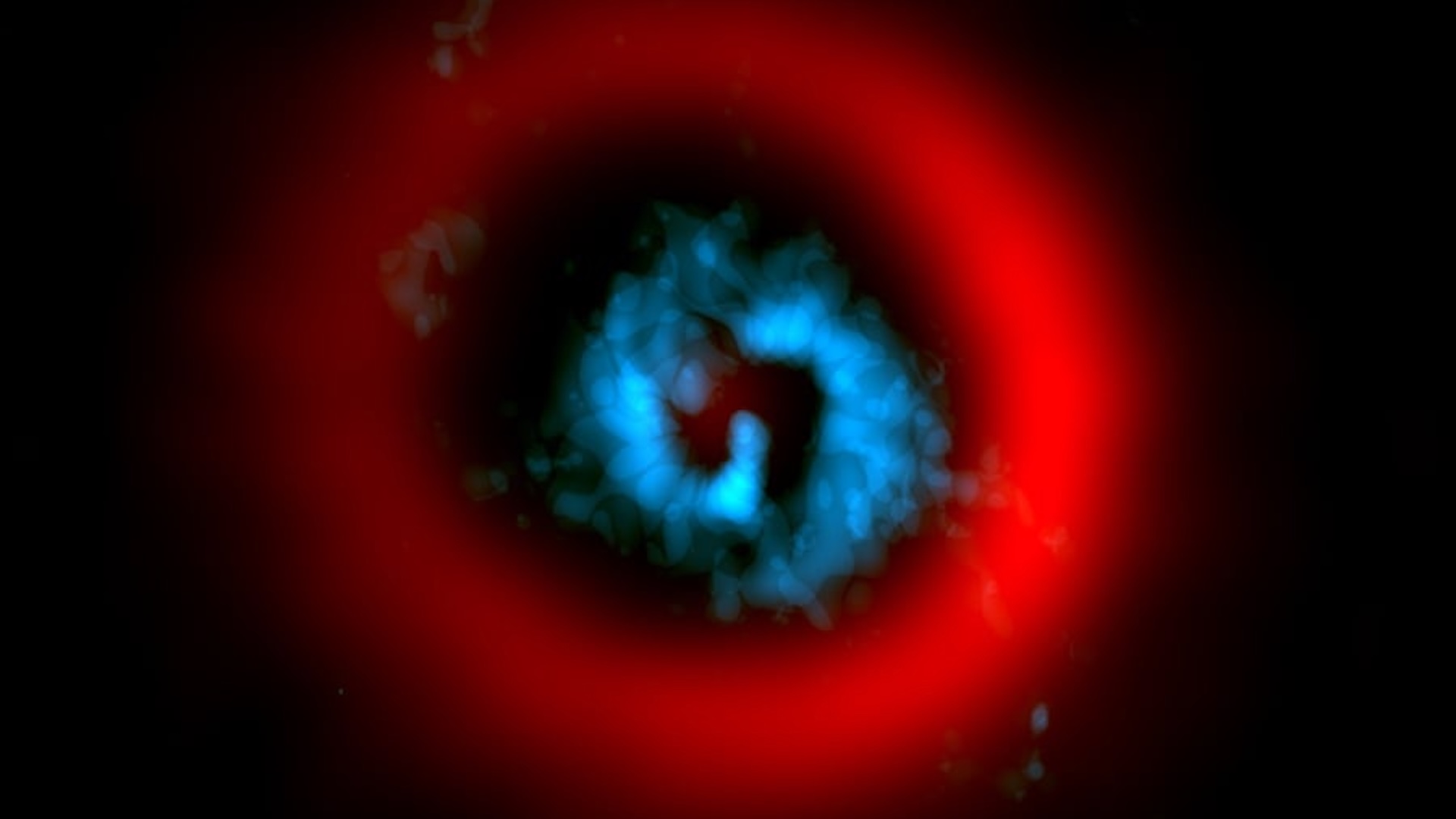“Hearst Magazines and Yahoo may earn commission or revenue on some items through these links.”
Here’s what you’ll learn when you read this story:
-
A new study says that the organisms in our gut have more direct influence on our actions that we previously thought.
-
Scientists analyzed an ancient protein called flagellin, released from the tail of bacteria (known as the flagella), and found that the gut’s neuropods could sense this protein, triggering an appetite-suppressing response.
-
The research team hopes that a greater understanding of what impacts the microbiome could help experts develop treatments for obesity and psychiatric disorders.
Science textbooks typically describe humans as having five senses—seeing, smelling, hearing, seeing, and touching. While it’s true these are the most outward and obvious senses, they’re far from the only ones. For one, there’s proprioception, which describes the body’s ability to sense its position and movement in space—that may not seem like a big deal, but if you live without it, poor balance is only the beginning of your problems.
And now, a new study led by scientists at Duke University suggests that there’s yet another sense lurking in our gut. This is the home of the microbiome—a collection of bacteria, fungi, viruses, and archaea that impact our immune system, our digestion, and even our mental health. And it’s within this microbiome that bacterial flagella (the tail-like structure bacteria use to swim) release an ancient protein known as “flagellin.” This new study, published yesterday in the journal Nature, describes the flagellin as the method through which neuropods, essentially neurons in your gut, regulate appetite.
According to the scientists, neuropods contain a receptor known as “toll-like receptor 5,” or TLR5, which then sends impulses to the brain via the vagus nerve—the gut-brain information highway that is also the longest nerve of the body’s autonomic nervous system. This shows how microbes living in our gut can communicate with the human brain.
“We were curious whether the body could sense microbial patterns in real time and not just as an immune or inflammatory response,” Diego Bohórquez, the senior author of the study from Duke University, said in a press statement, “but as a neural response that guides behavior in real time.”
To test the idea, scientists fasted mice overnight, and when supplied with a dose of flagellin to the colon, the mice ate less than expected. When the same experiment was conducted with mice that lacked the TLR5 receptor, the mice ate their fill and quickly gained weight. This suggests that this microbe-to-brain communication pathway plays a role in giving humans—and other mammals—the “I’m full” sense. This is what the researchers call our “neurobiotic sense,” and it very well could be our sixth sense. Or, maybe seventh? Or eighth? We’ve lost count.
Of course, the microbiome is an immensely chaotic environment, containing some 100 trillion microbial cells that can all be influenced by diet, lifestyle, and environment. The next step for the scientists is to figure out what diets change the microbiome and in what ways.
“Looking ahead, I think this work will be especially helpful for the broader scientific community to explain how our behavior is influenced by microbes,” Bohórquez said in a press statement. “That could be a key piece of the puzzle in conditions like obesity or psychiatric disorders.”
You Might Also Like
Source link
